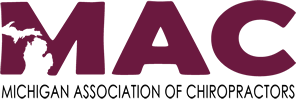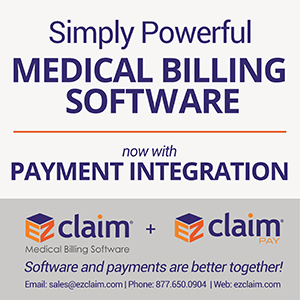Complete Story
01/16/2020
Beware of SPAM Emails!
If You Get a Suspicious-Looking Email from the MAC (or a Prominent MAC Member), Be Careful!
You’ve all probably gotten spam email, whether it’s supposedly from a friend or close business associate begging for help, or from the proverbial “Nigerian Prince” who is promising you millions of dollars if you’ll forward him your banking numbers. But as spam becomes more and more sophisticated, it can be harder to spot, making cyber security a real concern for chiropractic practices across the state.
Some of our members have reported receiving an email from a doctor high up in the MAC, asking for help. One variation a few years ago had our then-President stuck in Puerto Rico with no money and no way out – except with help from the recipient. One common scam asks the email recipient to send $25 iTunes gift cards, or $50 pre-paid Visa cards.
And, these scam emails aren’t just annoying – they can be downright dangerous, as the sender tries to bypass your firewall and gain a foothold inside the practice by infecting a computer with spyware, ransomware, or other scheme that puts your security at risk, and in violation of HIPAA.
Spotting Potential Spam Emails
- Phishing emails and text messages often look like they’re from a person or organization you know and trust, but the email is not from their usual address.
- If the sender's address has a bunch of numbers or a domain you don't recognize (the part after the "@"), it’s probably spam.
- The language or grammar are “off” and full of spelling errors.
- The formatting or design are different from the usual emails received from that person/organization.
- The email tells an unbelievable story (like the aforementioned Puerto Rico story).
- They ask for financial or other personal information, or for you to sign in to “update your account.”
If you get one of these emails, never click on a link or load an image, as they are most likely a malicious link. Likewise, never open an attachment from a suspicious email, or hit reply. Delete the email as quickly as possible. You also may want to report the email as spam prior to deletion. If you’re not sure if it’s legit, contact the sender through another means (DO NOT hit “reply”).
If you receive a “phishy” email from the MAC or one of our doctors, be sure to follow the tips above. Nothing can infect your computer if you don’t click any links or respond.


